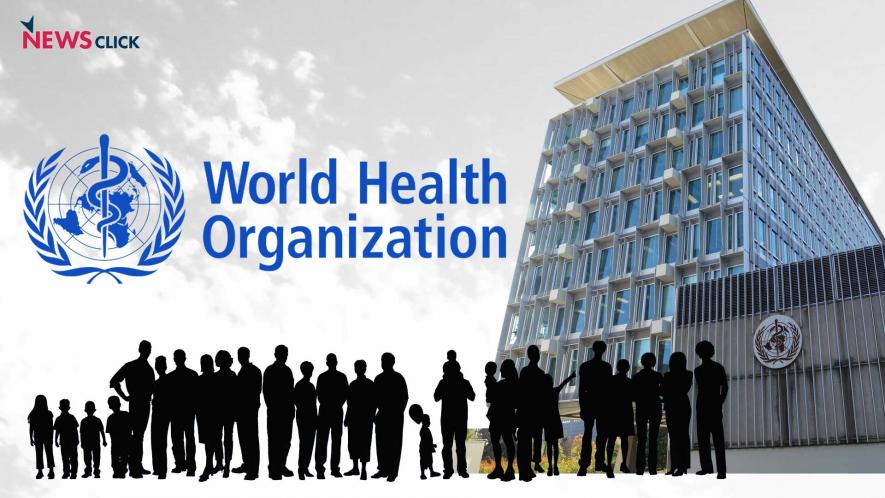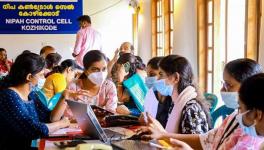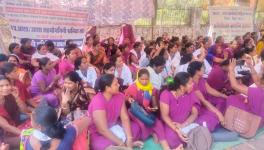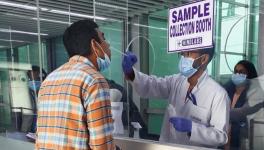World Health Organisation Releases New Guidelines for Controlling Blood Pressure

New guidelines for blood pressure control released by the World Health Organisation (WHO) on Wednesday, August 25, recommend 130 as the upper number threshold for starting medicines for anyone with risk factors or a history of cardiovascular disease and 140/90 for others.
The guidelines on when to start treatment, which medicines to use, and the frequency of doctor-patient follow-ups also recommend that adults with high blood pressure should preferably start with a combination of two drugs instead of a single drug.
The recommendations cover the level of blood pressure to start medication, what type of medicine or combination of medicines to use, the target blood pressure level, and how often to have follow-up checks on blood pressure. In addition, the guideline provides the basis for how physicians and other health workers can contribute to improving hypertension detection and management.
According to a statement released by WHO, the number of adults aged 30–79 years with hypertension has increased from 650 million to 1.28 billion in the last thirty years. Nearly half these people did not know they had hypertension.
WHO said that a study done by them also indicated that more than half of people (53% of women and 62% of men) with hypertension, or a total 720 million people, were not receiving the treatment that they need. Blood pressure was controlled, which means medicines were effective in bringing blood pressure to normal ranges, in fewer than 1 in 4 women and 1 in 5 men with hypertension.
Professor Majid Ezzati, senior author of the study and Professor of Global Environmental Health at the School of Public Health at Imperial College London, said: “Nearly half a century after we started treating hypertension, which is easy to diagnose and treat with low-cost medicines, it is a public health failure that so many of the people with high blood pressure in the world are still not getting the treatment they need.”
.
The new guidelines deviate in small but significant ways from the standard treatment protocol for hypertension released by India’s health ministry in February 2016. The protocol required people with blood pressure readings 130-139/80-89 to be advised a recheck after a year and sooner if they have other cardiovascular risk factors.
The WHO’s hypertension guidelines, the first from the organisation in 21 years, come amid concerns that over 1.4 billion people worldwide have high blood pressure but only 14% have it under control despite available cost-effective treatment options.
Several studies in India have suggested that a vast majority of people with high blood pressure either receive inappropriate treatment or fail to adhere to prescribed treatment and thus have poor control. One nationwide review had estimated that only a third of patients have successful control.
WHO recommends pharmacological treatment at any level of systolic blood pressure (the upper number) above a threshold of 130 for people who have existing cardiovascular disease, or are at high risk because of diabetes or chronic kidney disease.
While India’s protocol recommends treatment initiation with a single drug for patients with blood pressure readings lower than 180/110, WHO recommends a two-drug combination therapy for adults requiring pharmacological therapy for hypertension. The guidelines said that one major reason for poor blood pressure control is that most patients receive only monotherapy (single-drug treatment), while evidence suggests that most patients require two drugs to “achieve optimal and sustained control”.
Dr Taskeen Khan, of WHO’s Department of Noncommunicable Diseases, who led the guideline development, said: “The new global guideline on the treatment of hypertension, the first in 20 years, provides the most current and relevant evidence-based guidance on the initiation of medicines for hypertension in adults.”
Dr Bente Mikkelsen, Director of WHO’s Department of Noncommunicable Diseases added: “The need to better manage hypertension cannot be exaggerated. By following the recommendations in this new guideline, increasing and improving access to blood pressure medication, identifying and treating comorbidities such as diabetes and pre-existing heart disease, promoting healthier diets and regular physical activity, and more strictly controlling tobacco products, countries will be able to save lives and reduce public health expenditures.”
Get the latest reports & analysis with people's perspective on Protests, movements & deep analytical videos, discussions of the current affairs in your Telegram app. Subscribe to NewsClick's Telegram channel & get Real-Time updates on stories, as they get published on our website.
























